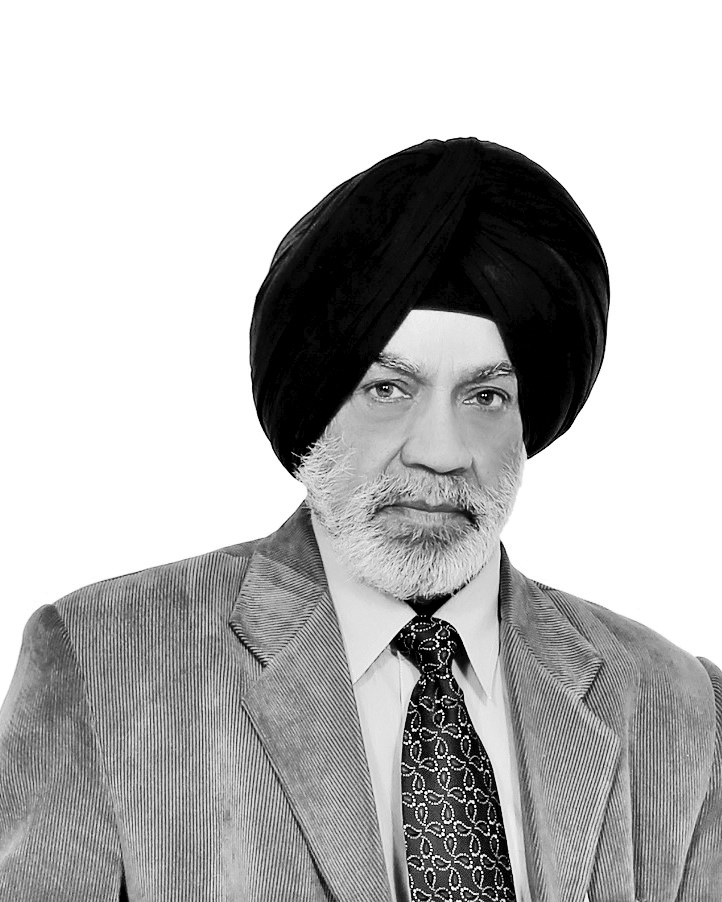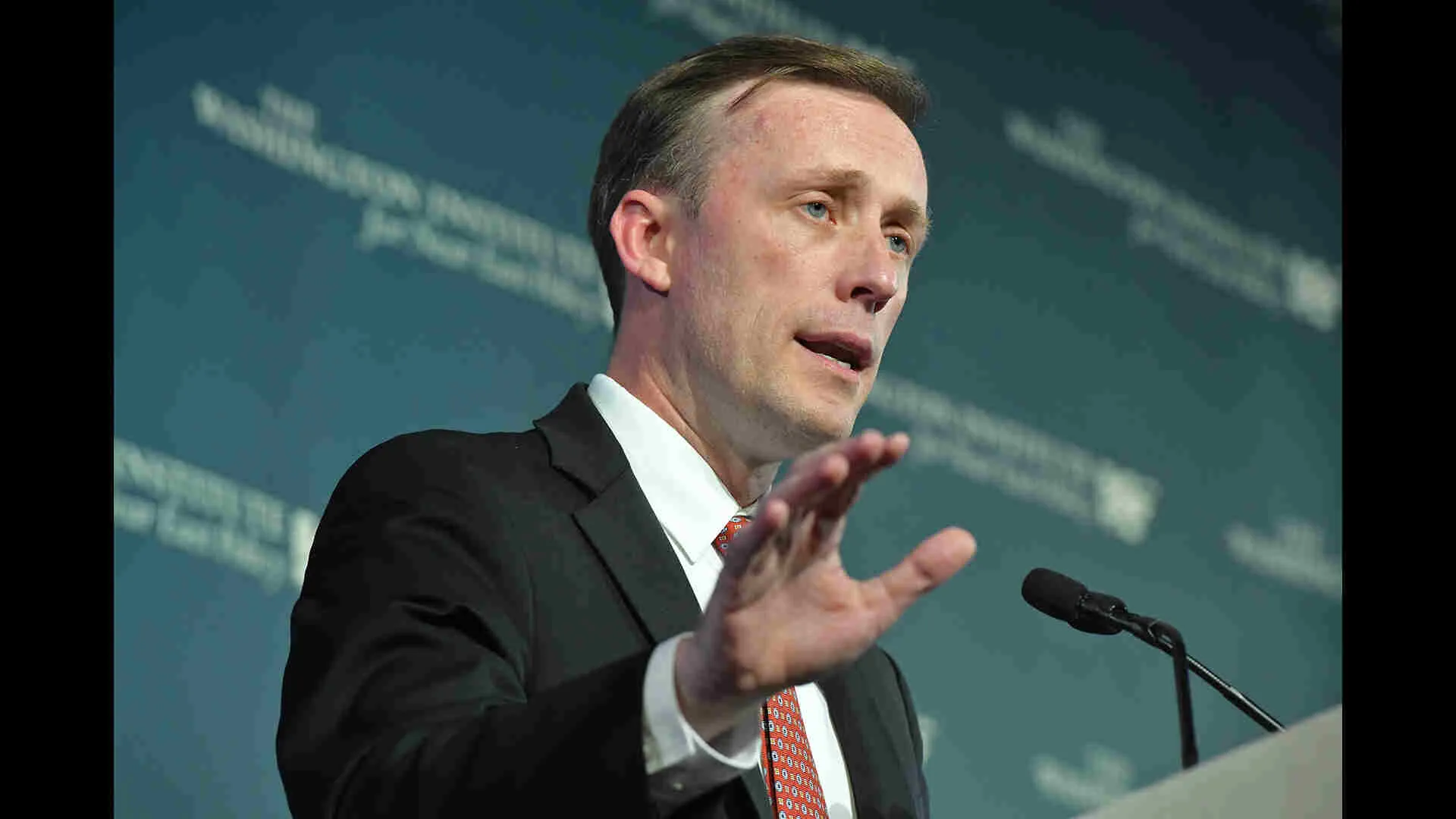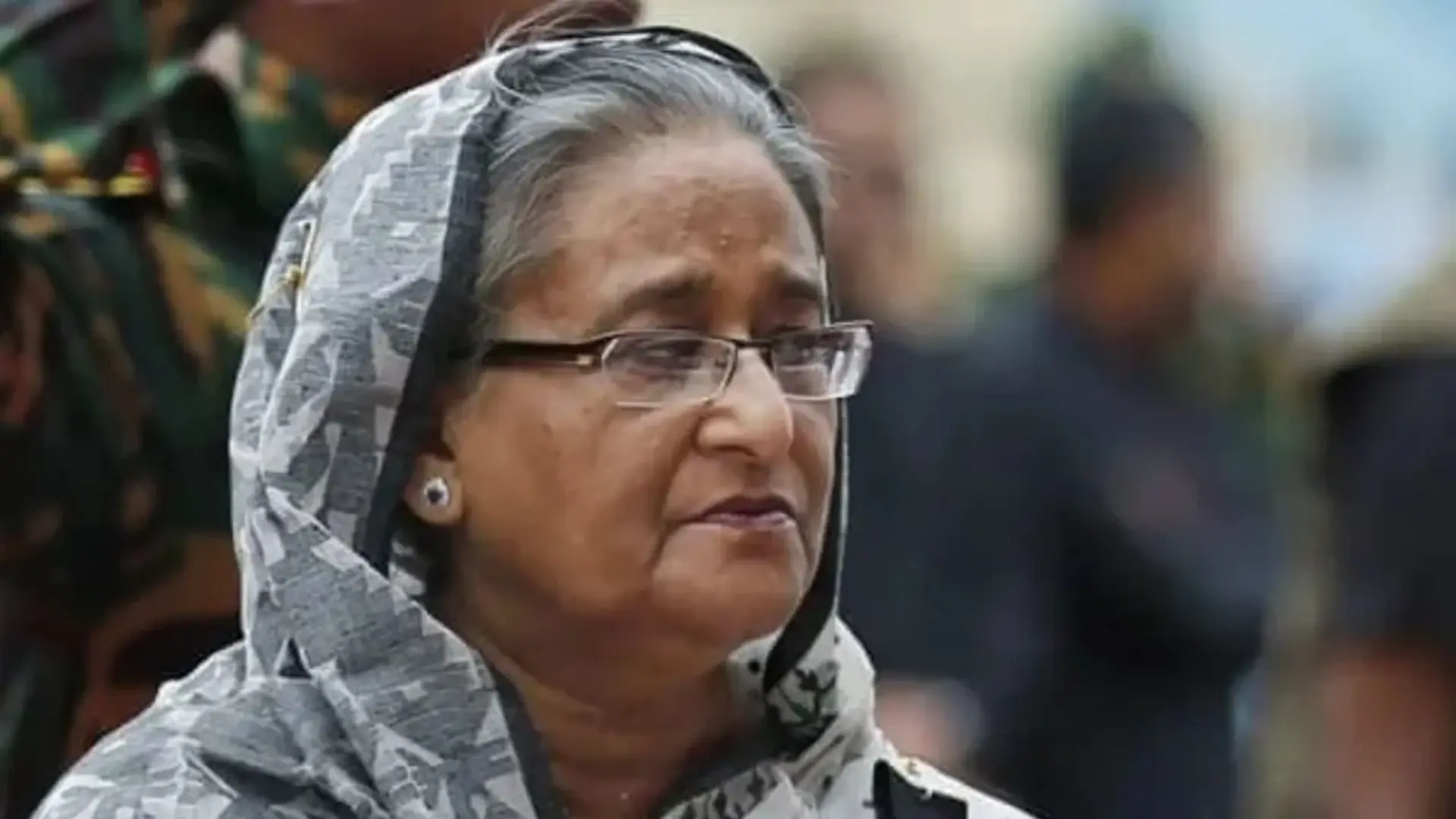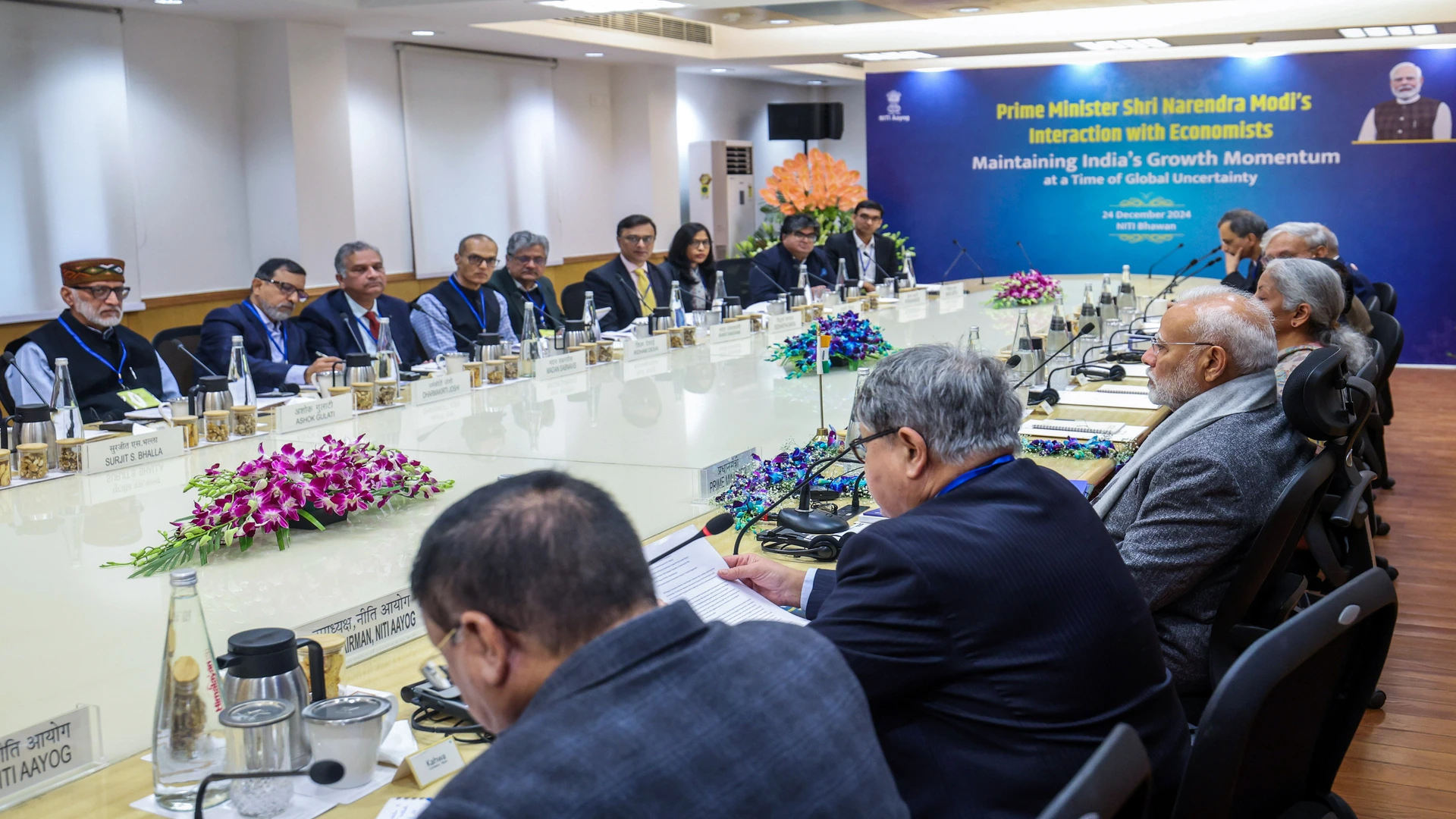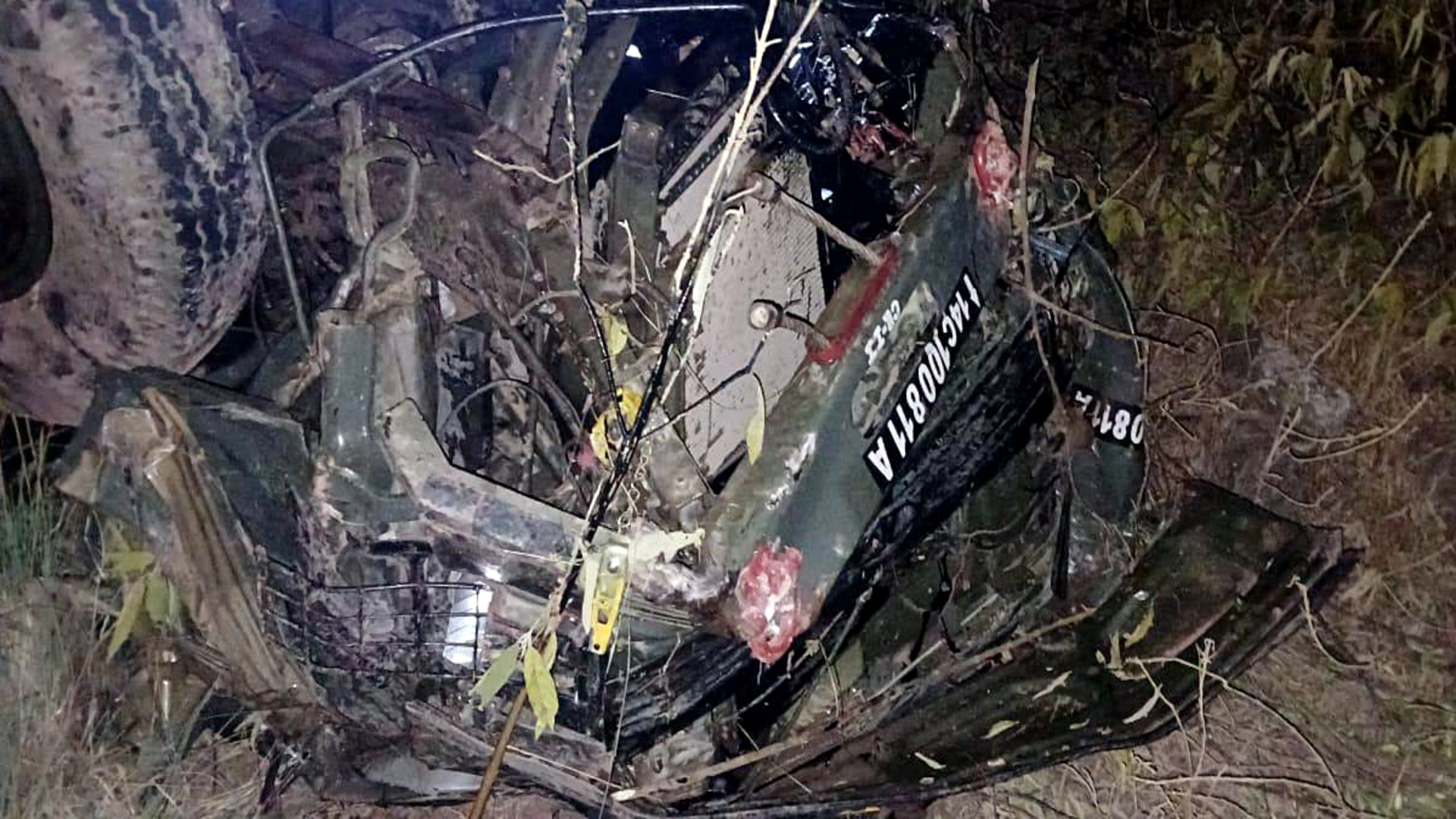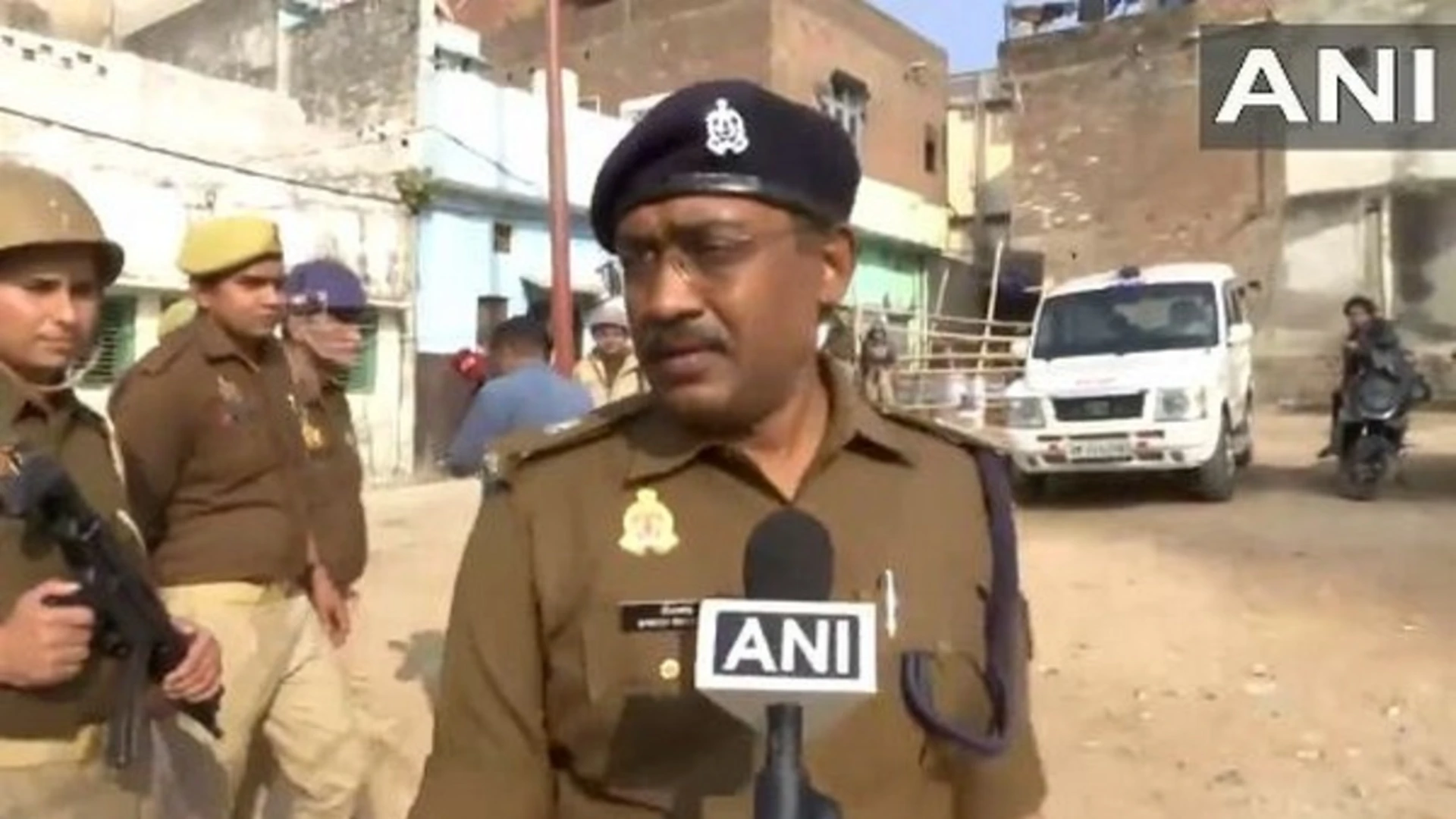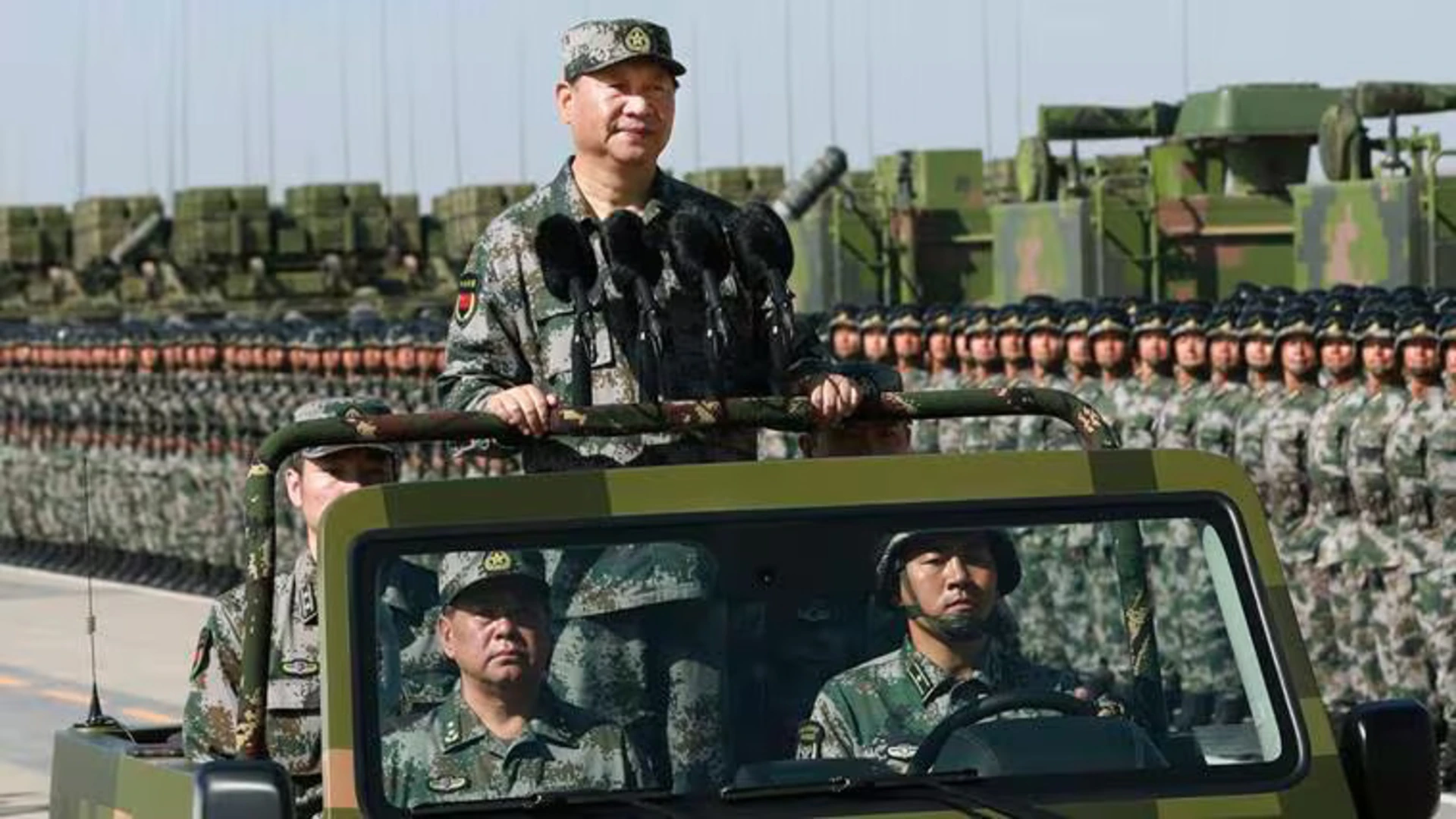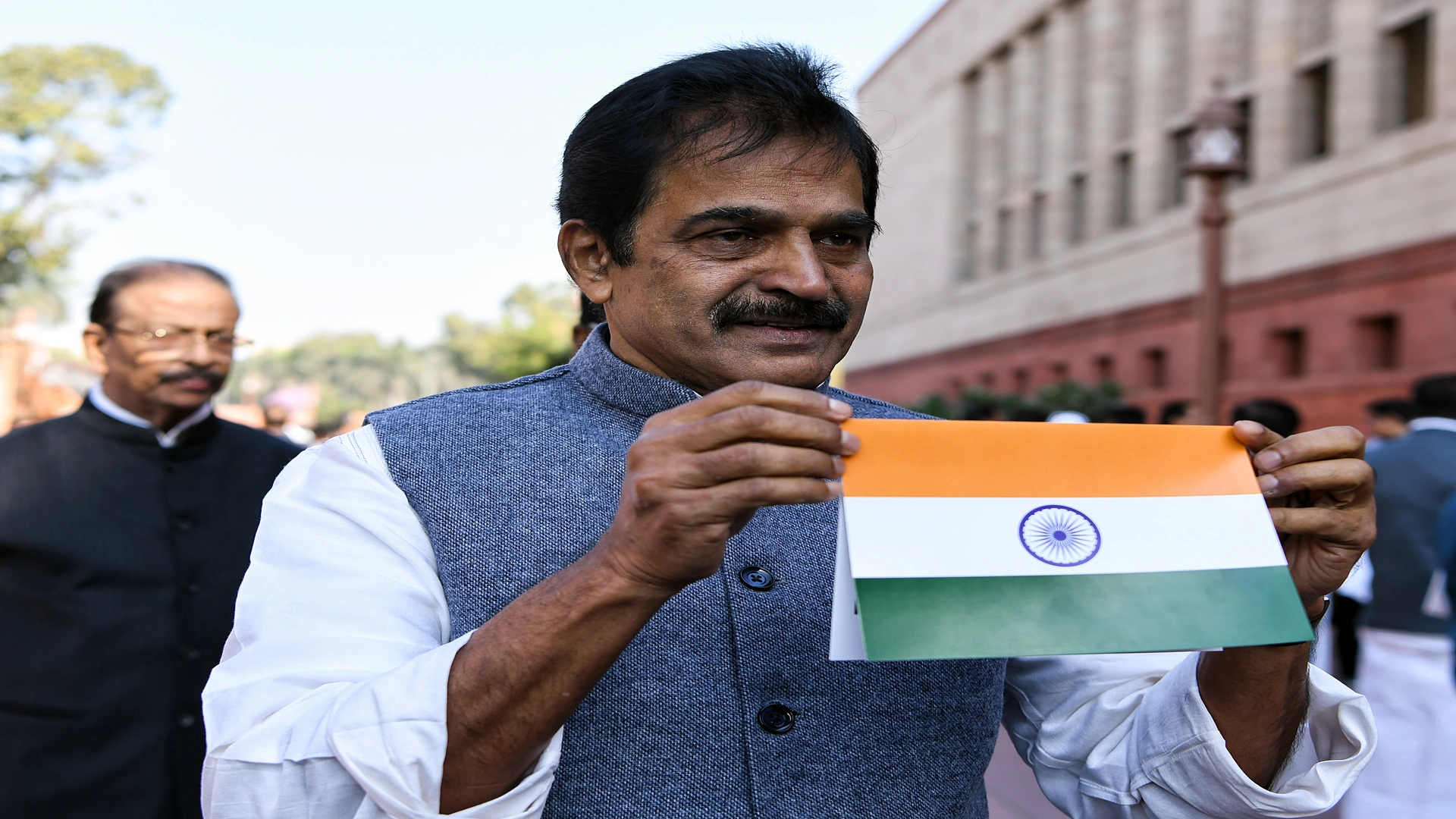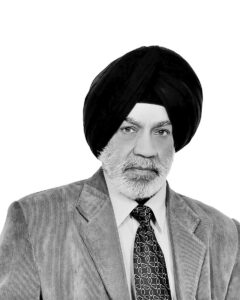Military operations of today are no more traditional and systematic in which a soldier had just to obey the orders of the superior; these are more complex in terms of ethical questions and dilemmas the soldier must face and deal with such situations in a responsible manner. This is particularly so for the troops deployed in J&K where a soldier is expected to fight terrorists and other anti-national elements with his hands tied with shackles of ‘use of force to a minimum’ and yet achieve the aim of protecting the integrity of his motherland. It was expected that a restrained approach would give certain benefits like better co-operation from the locals, resulting in better information which could help eliminate the terrorists. The idea was also to bring the alienated youth to the mainstream.
However, the soft approach seems to have emboldened the militants and there has been a steady increase in the local youth joining terror groups. U S Army also tried such an approach in Iraq, as is evident from letter written by General Petraeus in 2007 to his troops in Iraq. He wrote, “Our values and the laws governing warfare teach us to respect human dignity, maintain our integrity, and do what is right. This fight depends on securing the population, which must understand that we- not the enemies- occupy the moral high ground.” This led to more casualties and higher desertions. The outcome of our approach too has not been as anticipated.
Our great army has a very glorious history of gallantry, splendid victories, tradition of impeccable integrity and self-less service in tune with the fundamentals of code of conduct provided by the famous words of Sir Philip Chetwode inscribed on the walls of Indian Military Academy. Millions of members of our regular armed forces, as also of the para-military personnel, have been serving during the past seven decades in military operations and counter -terrorism operation.
Thousands have lost their lives and many were injured, some disabled for the rest of their lives. While carrying out their duty to the nation they expect that the law of the land will support them. No doubt every nation has a system of regulating the means and methods of conduct of such operations, but these must be framed keeping in mind the difficulties being faced by those conducting the operations. There have been cases where the governments under pressure from sympathisers of anti-national elements have criticised and even acted against the officers and soldiers who in the first place fought with their hands tied behind their back. Such actions can demotivate the soldier and must be avoided.
In recent years, an irresponsible social media, a proactive electronics media and an active judiciary has made the difficult task of the security forces even more difficult as their actions are put to scrutiny with incomplete information and half-baked data fed by certain vested interests. Security personnel who are engaged in dangerous missions, (even if it is not outright war), do so under tremendous stress caused by different types of stressors and are likely to lose their motivation if they are not certain that their leaders and commanders will back them to the hilt after the operation is over.
It should be appreciated that a soldier operates in an environment in which danger and ambiguity are inherent, and his hardiness and resilience is being put to test every single minute, yet he is expected to act in a manner that his actions must turn out to be right at a later stage when these are put to scrutiny by some non-military personnel who do not understand the dynamics of such situations. A paradoxical behaviour is expected from the soldier; he must be ruthless in killing his enemy- the terrorists as he is trained to do but must also think of the consequences of legal action against him if he uses force against a civilian who has the license to throw stones and humiliate him with verbal abuse.
Media reports of some soldiers being hauled up by the courts for having performed their duties to the best of their abilities in situations of extreme danger, hang heavy on their minds. It should not be difficult to understand the state of mind of a soldier who may have lost his colleague and as such his reaction to a mob of angry and frustrated stone -throwers.
Let us distinguish between professionalism and moral professionalism as applied to a soldier. Who is a professional? This term is loosely used and is generally understood to mean someone who is good at some skill and is paid for exercising that specific talent. Somerset Maugham writes, “One of the great differences between the amateur and the professional is that the later has the capacity to progress.” We have the third largest professional armed forces in the world and going by what Somerset Maugham said we should be amply blessed with capacity to grow and become better and better. Any decrease in professionalism of a good fighting machine can trigger decline which may take years to revive, that is why it is important to keep the armed forces in best shape through realistic exercises during peace time. But when we talk of moral professionalism, the word ‘moral’ is difficult to define as it is applied to armed forces.
A soldier is trained to kill the enemy in war or in war-like situation. How would a soldier whose training is ‘one bullet-one enemy’, think of his values and norms and interest of those who are on the opposite side in a particular situation? Is it really possible for a soldier fighting the militants to think that he would be held accountable for each and every action at a later stage by someone who has never experienced the stress of facing a bullet? What is expected of a soldier whose core values are loyalty to his collegues, when he sees his fellow soldier being lynched? Should he not save the life of his colleague by whatever means at his disposal, even by killing the attackers? In such situations, civilian causality among the local population will, of course, be of less importance for the soldier. But there is no denying the fact that the core aspect of respecting human dignity must be learnt by soldier of today. He should be educated and trained to understand what is expected of him in different types of situations.
Army veteran Col. Cheema is a prolific writer and has authored 20 books on Management.

